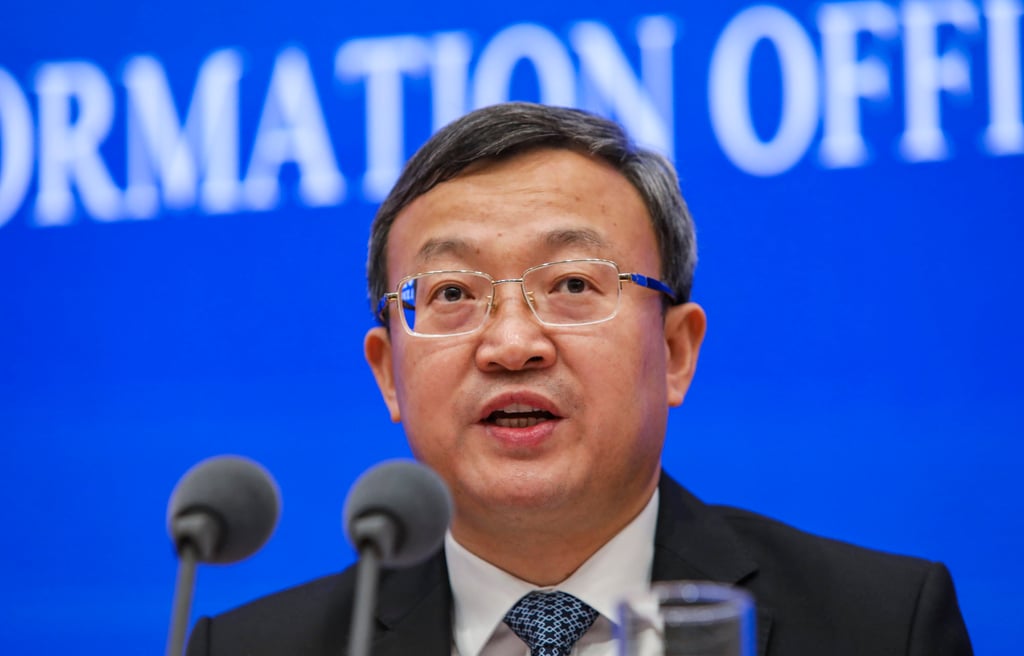Senior US official may raise Russia trade during Hong Kong trip next week, sources say
One person familiar with the trip arrangements said Shaw, who is deputy assistant secretary for China and Mongolia, would arrive in Hong Kong “at the end of August”.
He said Shaw would meet his counterparts in the city to discuss trade issues and try to “iron out some problems” between Hong Kong and the United States.

Top US officials including Treasury Secretary Janet Yellen and Secretary of State Antony Blinken have warned Chinese officials that they must crack down on the provision of dual-use items to Russia that the US says are being used to strengthen its military in the war. Beijing has denied the allegations.
A second source said that after visiting Hong Kong, Shaw would travel to Beijing where he would “communicate the US stance on various issues” to the Chinese government.
In Washington, the Chinese delegation led by commerce vice-minister Wang Shouwen met Marisa Lago, US undersecretary for international trade, with the two sides agreeing to strengthen communications on export control rules.
Wang raised concerns including the additional Section 301 tariffs applied to imports from China and what he called “overstretching” the concept of national security.
He also discussed US sanctions on Chinese companies, the revision of trade remedy investigation rules, two-way investment restrictions and concerns over the unfair treatment of Chinese businesses.

The US Department of Commerce said Lago expressed concerns over restricted market access for American companies, cross-border data flows and regulatory transparency.
The two sides agreed to continue talks – with Lago set to lead a US delegation to China in the second half of this year for a second working group meeting – and to support each other’s events such as the China International Import Expo and the China-California Business Forum.